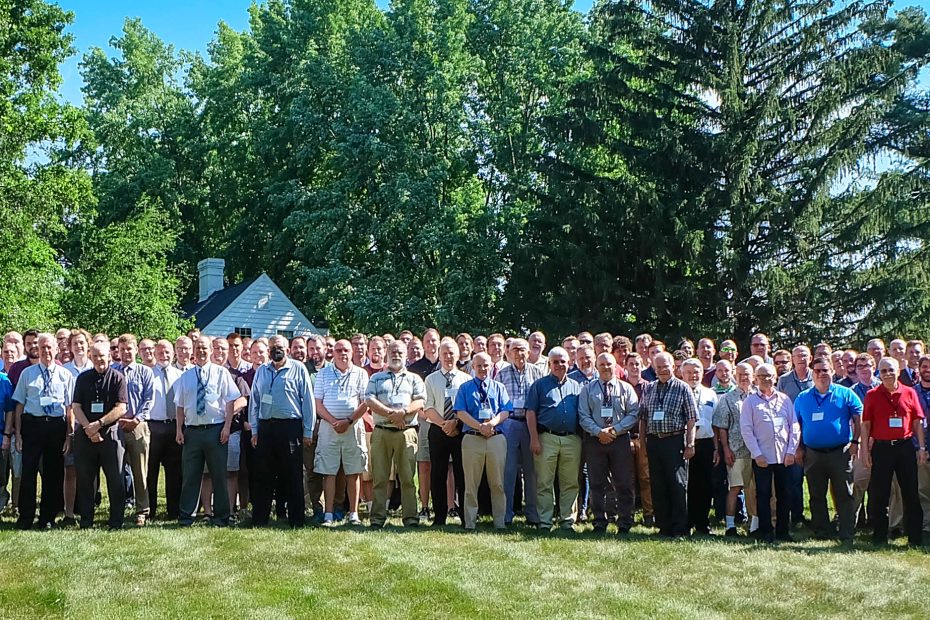The Power and Authority of Light
How ironic that God’s blessings can actually serve to obscure His blessings! More than that, there is a danger that we allow His blessings to cause us to fail to fully comprehend or appreciate all… The Power and Authority of Light



